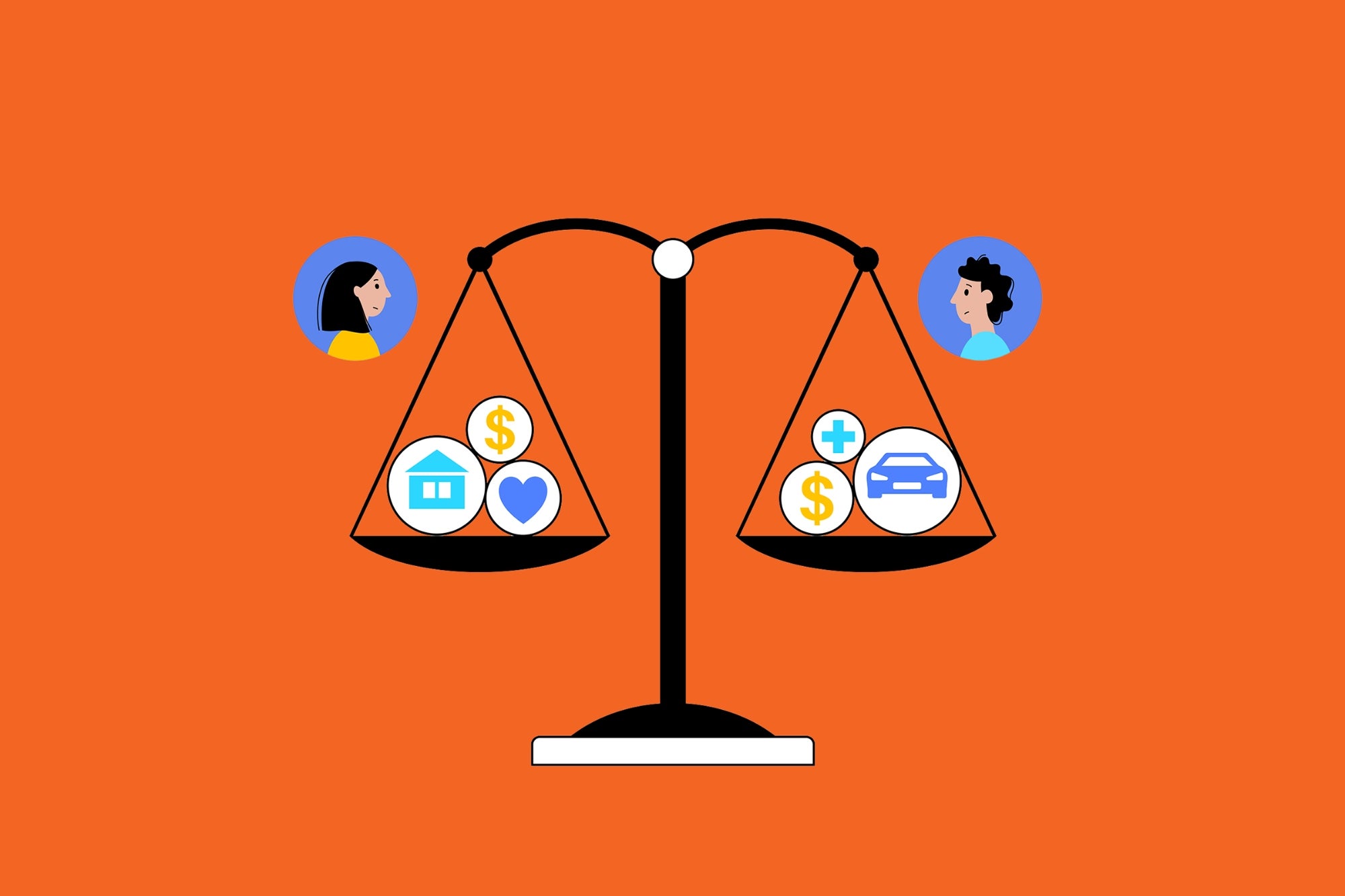These Are the 3 Hidden Forces That Shape Startup Success — and How to Embrace Them BIZ Experiencesship thrives at the intersection of fragility, momentum and reinvestment. Let's unpack how these forces define the startup journey with lessons on navigating uncertainty, embracing failure and building resilience in the face of risk.
By Rob Grazioli Edited by Kara McIntyre
Key Takeaways
- Startups inherently face fragility, demanding continuous vigilance and a readiness to adapt when conditions shift.
- Maintaining momentum is crucial, yet it requires discipline to avoid blind spots and ensure sustainable growth.
- Reinvestment into a startup is a calculated risk that prompts innovation and can lead to significant breakthroughs and transformations.
Opinions expressed by BIZ Experiences contributors are their own.
Building a startup isn't about chasing certainty — it's about learning to thrive in the unknown. Growth, risk and opportunity collide at every turn, creating a dynamic that's as exhilarating as it is precarious. Fragility, momentum and reinvestment aren't just forces at play; they're defining elements of the BIZ Experiencesial journey.
My experiences, from building an early services business to co-founding Density and now leading Bread, have taught me that success doesn't come from avoiding these forces. It comes from understanding their interplay and navigating them with intention.
The fragility paradox
Startups are fragile by design. Whether you're building a product, managing cash flow or growing a team, every move feels like stacking bricks on an unsteady foundation. Even when things are going well, fragility is always lurking beneath the surface.
Our first business, a services company, grew quickly. Within a year, we hit over $1 million in revenue, and by all appearances, it seemed stable. But services businesses are deceptively fragile. Revenue is tied to a handful of clients, and losing just one can send everything into freefall.
That's exactly what happened. A major client left, and suddenly, we couldn't make payroll. My co-founders and I stopped paying ourselves, cut expenses and worked to rebuild. We got through it, but the experience left an indelible lesson: Just because things are good now doesn't mean they'll stay that way. Fragility demands vigilance.
This reality became even more apparent as we reinvested profits into new ideas. Every project we launched was fragile — many failed outright — but fragility wasn't a reason to stop. It was a reminder to focus, prioritize and act decisively in the face of uncertainty.
Related: How Can You Make Sure Your Business Will Survive Anything? Try These 3 Proven Strategies
Momentum myopia
Momentum can feel like the antidote to fragility. When a product launch gains traction or revenue starts climbing, it's tempting to think you're on an unstoppable path. But momentum, left unchecked, can create blind spots.
At Density, we launched our first hardware product — a break-beam sensor for tracking foot traffic — amid a wave of excitement. Demand was growing, and the pressure to move fast was immense. But the product wasn't ready. Accuracy issues in real-world conditions became obvious after deployment, and the flaws forced us into a costly reset.
We had let momentum dictate our decisions, pushing forward without questioning whether the foundation was solid. It was a painful but necessary lesson: Momentum is only valuable when it's paired with reflection. Pausing to evaluate doesn't kill progress; it ensures that growth is sustainable.
The reinvestment imperative
If fragility demands focus and momentum requires discipline, reinvestment is the leap of faith that drives discovery. Every dollar we earned in the services business went back into the company, not just to sustain operations but to fund experiments.
Most of those experiments failed. We built products no one needed, sunk time into overly complex solutions and made costly missteps. But one of those ideas — Density — stood out. It was fragile, like all early projects, but it had potential.
Its potential led to our decision to shut down the services business and focus entirely on Density. It wasn't easy. Investors made it clear: If we wanted their backing, we had to go all in. Letting go of a profitable business to bet on an unproven product felt like jumping off a cliff. But without reinvestment — without those years of experimentation funded by services profits — we wouldn't have had the opportunity to make that leap.
Related: Why You Need to Reinvest Half of What You Earn Back Into Your Company
Bringing it together
These lessons didn't end with Density. At Bread, they shape how we think about building resilient businesses. Fragility, momentum and reinvestment aren't challenges to be eliminated — they're dynamics to be navigated.
Fragility forces founders to confront hard truths and focus on what matters most. Momentum provides energy but must be managed with reflection. And reinvestment, though risky, creates the conditions for transformation.
The journey of BIZ Experiencesship isn't about avoiding failure — it's about learning from it, adapting and taking intentional risks. At Bread, we approach each founder and portfolio company with this mindset, not to shield them from these forces but to help them navigate them successfully.
Fragility, momentum and reinvestment are constants. But when embraced, they're not just forces to endure — they're the foundation of what makes startups thrive.












